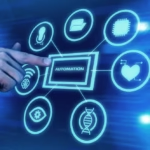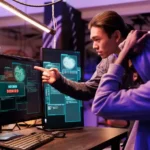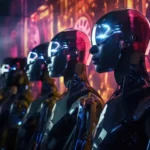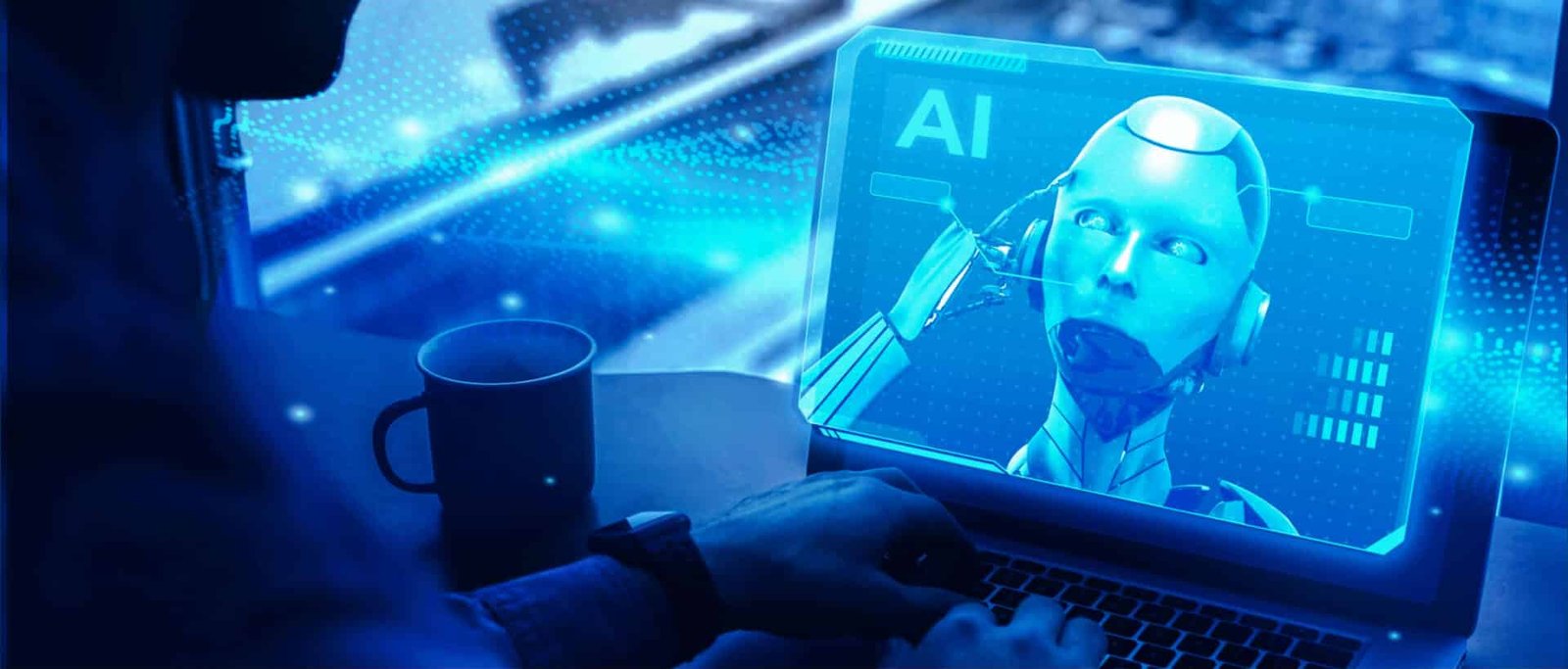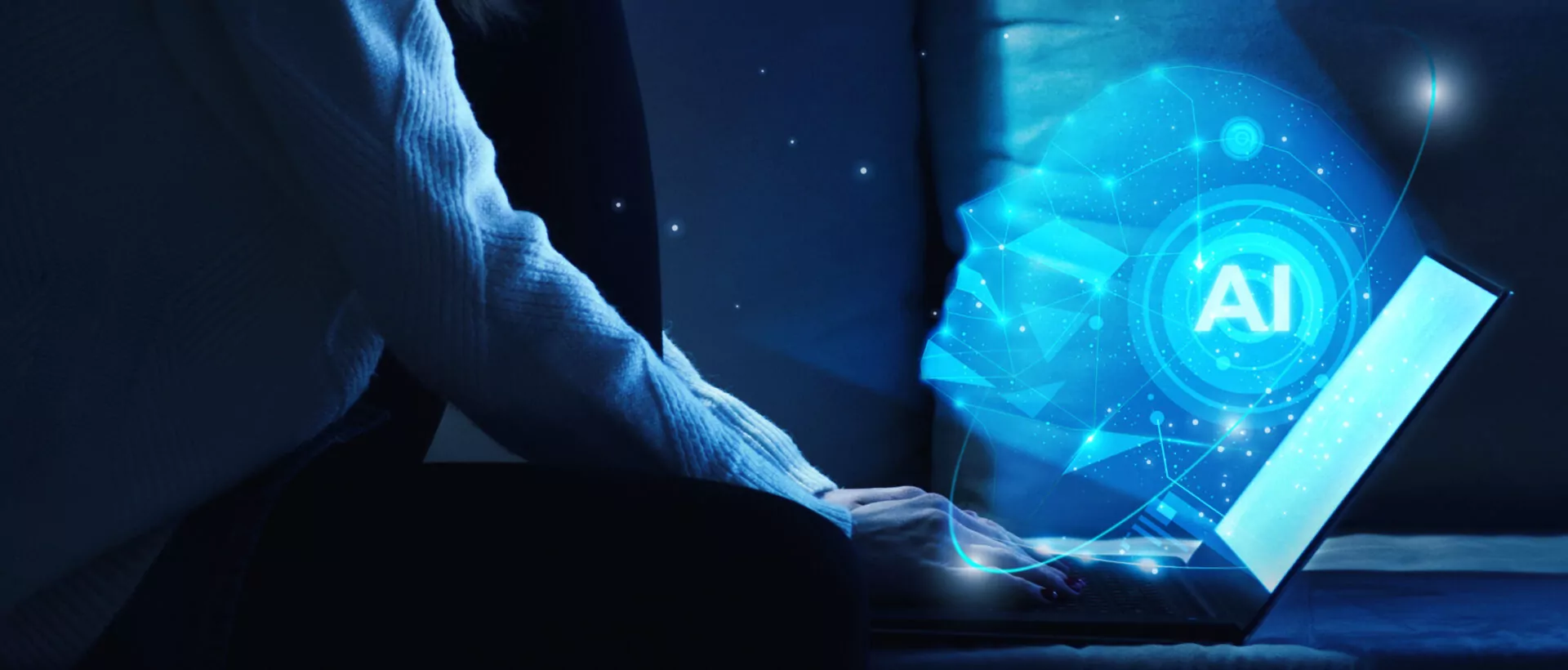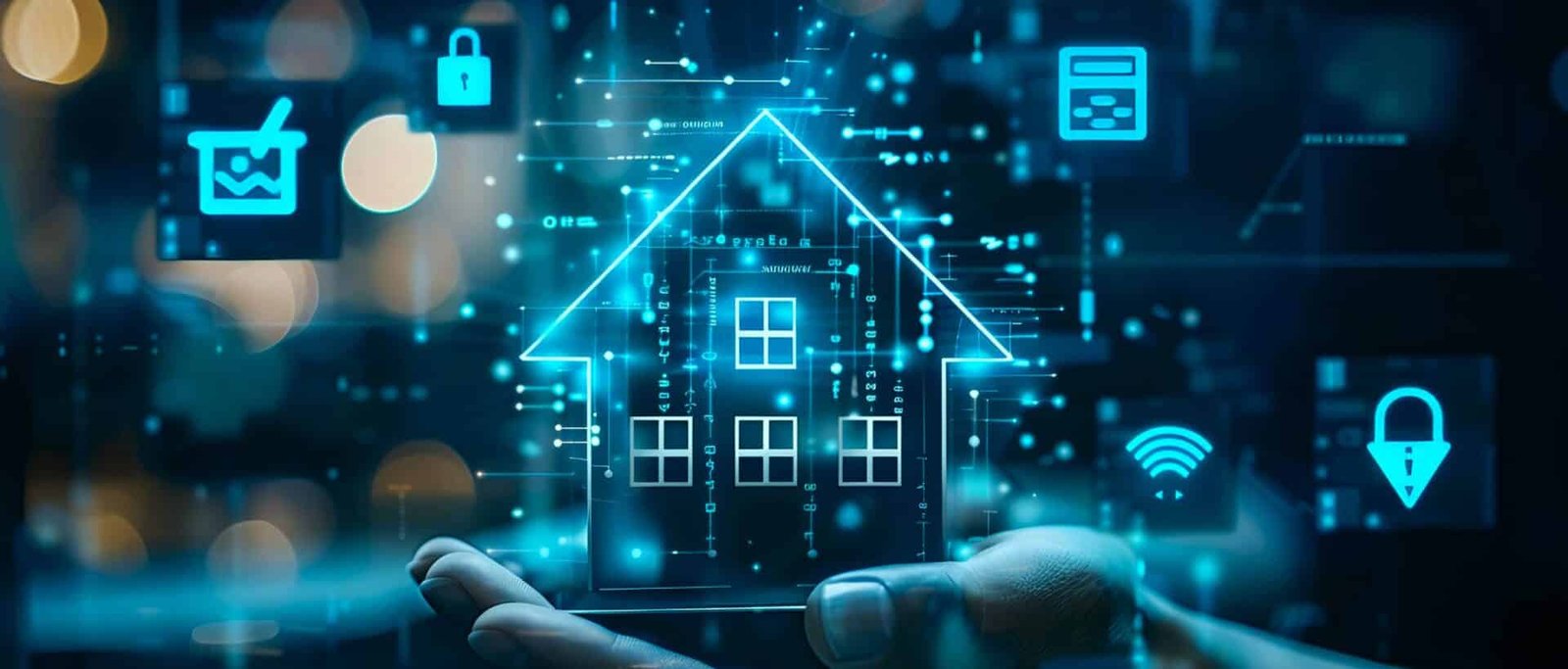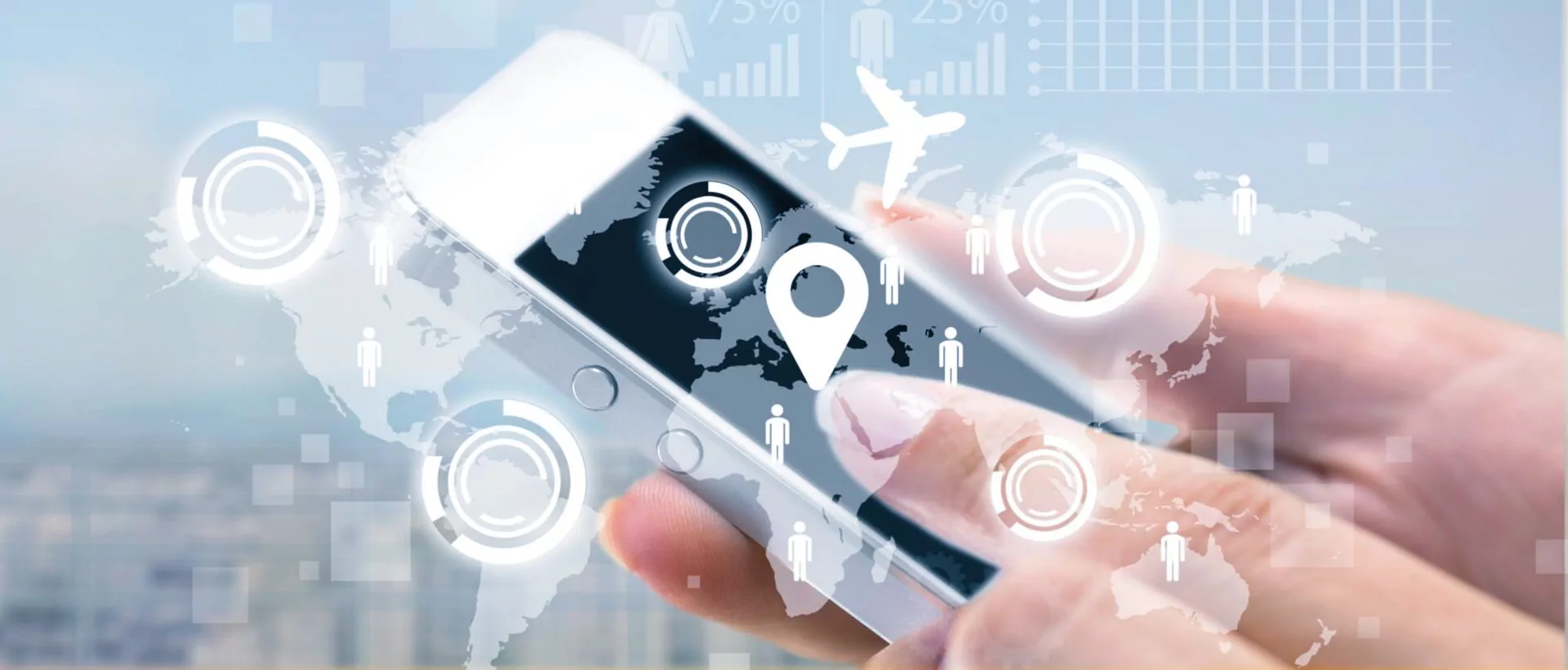Introduction: Who is Yuval Noah Harari and why does his opinion matter?
Yuval Noah Harari, a historian, futurist, and author of the groundbreaking bestsellers Sapiens, Homo Deus, and 21 Lessons for the 21st Century, has become one of the world’s most influential public intellectuals. While his work spans the entirety of human history, he consistently returns to one central theme: the profound impact of technology on our societies, our politics, and the very definition of what it means to be human. He frequently comments on the moral and philosophical challenges of the future, and digital ethics is arguably the most critical topic in his recent speeches. His perspective matters because he forces us to look beyond the code and gadgets to ask the most fundamental questions about the world we are building.
This interview is a compilation of Professor Harari’s views, synthesized from his numerous public talks, articles, and books. The questions are framed as if asked directly to present his consistent perspective on these critical issues in a clear, conversational format.
A Compiled Interview with Yuval Noah Harari
On Responsibility and AI Ethics
- What do you see as the key ethical challenge of the digital age?
The single greatest challenge is that we are building technologies that can “hack” human beings. For all of history, no one—no king, no government, no secret police—had the ability to truly understand what was happening inside another person’s mind. Now, for the first time, we have the technology to do so. By combining enough biological knowledge with enough computing power and data, you can understand people better than they understand themselves. This power to hack humans is the most significant ethical and political challenge we face.
- Why is AI more than just technology—but a moral dilemma?
Because AI is the first technology in history that can make decisions by itself. It’s not just a tool like a hammer or even a computer, which does what we tell it to. An AI can learn, adapt, and make choices—from what news to show you, to whether a person is approved for a loan, to identifying a target in an autonomous weapon system. When you give technology the power of decision, you are immediately entering the realm of ethics and philosophy. The questions are no longer just about engineering; they are about values.
- Who should be accountable for the actions of autonomous systems?
This is an incredibly difficult question, which is why we must address it before these systems are widely deployed. If a self-driving car kills a pedestrian, who is responsible? The owner? The manufacturer? The software engineer who wrote the code? The AI itself? We don’t have good answers. Our legal and ethical systems were built for a world where humans were the only agents making decisions. We urgently need to update them for an era where non-human agents are also making choices with real-world consequences.
- Should we establish global AI ethics bodies?
Absolutely. And urgently. The biggest challenges of the 21st century—be it climate change, nuclear war, or the risks of AI—are global in nature. No single country can solve them alone. If one country bans the development of autonomous weapons but another develops them, the one that bans them is at a massive disadvantage. We need global agreements and a global body, perhaps like the World Health Organization or the IAEA for nuclear energy, to set standards, monitor developments, and ensure that the race to develop AI doesn’t become a race to the bottom.
On Governments, Corporations, and Power
- Is data the new form of power?
In the 21st century, data is arguably the most important asset in the world. In ancient times, power came from owning land. In the modern era, it came from owning machines and factories. Today, power comes from owning data. If you have enough data on enough people, you can understand and control societies in ways that were previously unimaginable.
- Why is the concentration of data in private hands dangerous?
The danger is the creation of a new, unprecedented form of inequality. If data is concentrated in the hands of a few corporations in, say, Silicon Valley, they will hold immense power over the rest of the world. We are already seeing a form of “data colonialism,” where multinational corporations harvest data from populations around the globe and use it to gain economic and political advantages. This concentration of power is inherently unstable and anti-democratic.
- What role should governments play in regulating AI?
Governments have a critical role, but they must be careful. Their primary job is to protect citizens. This means regulating the use of data, ensuring corporations pay for the data they extract, preventing monopolies, and investing in public infrastructure. However, governments should not necessarily own all the data. State ownership of data is the recipe for a digital dictatorship. The ideal role for government is as a neutral regulator that ensures a fair and safe ecosystem for all.
- How do we prevent a digital dictatorship?
The best way is to prevent the concentration of all data in one place—whether it’s one company or one government ministry. We must have a distributed data system. More importantly, we must never allow a system that links all data points together, especially biometric data with other personal data like what you read, who you meet, and your financial transactions. The moment a government can link your biometric identity to your daily activities, it’s game over for freedom.
On Privacy, Freedom, and the Human Future
- Is privacy a luxury of the future?
On the contrary, privacy is the foundation upon which freedom is built. It is not a luxury; it is a necessity. Privacy is the space you need to develop your own ideas and opinions without being monitored and manipulated. If you have no privacy, you have no ability to dissent, to experiment with new thoughts, or to form a genuine understanding of yourself. The erosion of privacy is the erosion of individual liberty.
- How do digital technologies reshape the idea of freedom?
For centuries, our idea of freedom was rooted in the concept of “free will”—the belief that our feelings and choices are the ultimate source of authority. But we now know from biology that our feelings are biochemical algorithms. And any algorithm can be hacked. If an external system like a corporate or government AI can understand and manipulate your biochemical algorithms better than you can, it can predict and control your choices. In that world, what does “free will” even mean?
- Can humans remain autonomous with personalized AI?
It will be extremely difficult. Imagine an AI that knows your entire life history, your biometric data, your preferences. When you face a difficult decision, you might ask it for advice. Its advice will likely be very good, based on data. After relying on it time and again, you may start to lose the ability to make decisions for yourself. Authority shifts from you to the algorithm. We risk becoming like children, completely dependent on an all-knowing oracle.
- How do we protect democracy in the digital world?
Democracy is a conversation. It relies on the ability of citizens to have authentic feelings and independent thoughts and to discuss public issues freely. If our feelings and thoughts can be hacked and manipulated on a massive scale—for example, by creating personalized fake news that perfectly targets our individual fears and biases—then the public conversation becomes poisoned. Protecting democracy means protecting the integrity of the individual mind.
On Education, Culture, and Responsibility
- Why must education evolve with technology?
Because the skills needed for the future are completely different from the skills needed in the past. For centuries, education was about filling students’ heads with information. This is now obsolete. We have AI that can store and retrieve information far better than any human. The new focus of education must be on developing the skills AI lacks: critical thinking, collaboration, creativity, and, most importantly, mental flexibility and emotional balance.
- What skills define a responsible digital citizen?
A responsible digital citizen is, first and foremost, someone who understands how to distinguish reality from fiction. They have the critical thinking skills to question the information they see, whether it comes from a website or an AI. Secondly, they understand that their data is valuable and are conscious of who they give it to and for what purpose. They are not passive consumers of technology; they are active and critical participants.
- What is the role of humanities and culture in building digital ethics?
In an age of AI, the humanities become more important than ever. Engineering can tell us how to build an AI, but it cannot tell us whether we should or how we should use it. These are questions for philosophy, history, sociology, and art. To navigate the ethical dilemmas of the 21st century, we need the deep, long-term perspective that only the humanities can provide. We need philosophers to help us define consciousness and ethicists to help us program values into our machines.
On the Future of Ethics
- Can there be a shared digital ethic for all humankind?
It is very difficult, but absolutely necessary. The major challenges are global. AI doesn’t respect national borders. To regulate it effectively, we need a shared set of global values. What these values are is the most important conversation humanity needs to have right now.
- Do we need a new “social contract” for the digital era?
Yes. The old social contracts were about distributing land and machines. The new social contract must be about distributing data and the immense power that comes with it. It needs to answer fundamental questions about the ownership of data and the regulation of the algorithms that control our lives.
- What three actions should societies take right now?
First, regulate AI and data ownership globally. We need an international consensus on this immediately. Second, invest massively in education, but the right kind of education—focused on critical thinking and mental resilience. Third, ensure philosophers, sociologists, and artists are in the room with the engineers and politicians when decisions about the future of AI are being made.
- How can we avoid catastrophe in a future where AI surpasses humans?
The key is to solve the problem of AI safety and “alignment” before we develop superintelligence. We need to ensure that the goals we program into these powerful systems are aligned with the well-being of humanity. If we create superintelligence without solving this problem first, it could be the last mistake we ever make.
- And most of all—what does it mean to be human in a world where machines can think?
This is the ultimate question. For thousands of years, humans have been the smartest things around. Our identity is rooted in our intelligence and consciousness. If and when machines surpass us in intelligence, we will need to find a new definition of ourselves. Perhaps being human will be less about intelligence and more about compassion, about consciousness, about experiencing the world. This is the great philosophical journey that technology is forcing us to embark on.
A Message of Cautious Optimism
The message from Yuval Noah Harari’s work is clear: we are at the dawn of a new technological era. AI holds immense promise to solve some of our biggest problems, but it is also fraught with unprecedented perils, from digital dictatorships to the erosion of free will. His perspective is one of cautious optimism—a belief in our potential, deeply intertwined with a profound sense of responsibility. The path forward requires a global partnership between technologists, policymakers, and citizens. The most important tool we have for navigating this new world is not artificial intelligence, but our collective human wisdom.
Stay Ahead of the Curve
Enjoyed this deep dive into the thinking behind our era’s most transformative challenges? The conversation doesn’t have to end here. Follow us on our social media channels to get our latest expert interviews, practical guides, and in-depth analysis delivered right to your feed. Stay connected and stay ahead of the curve.

